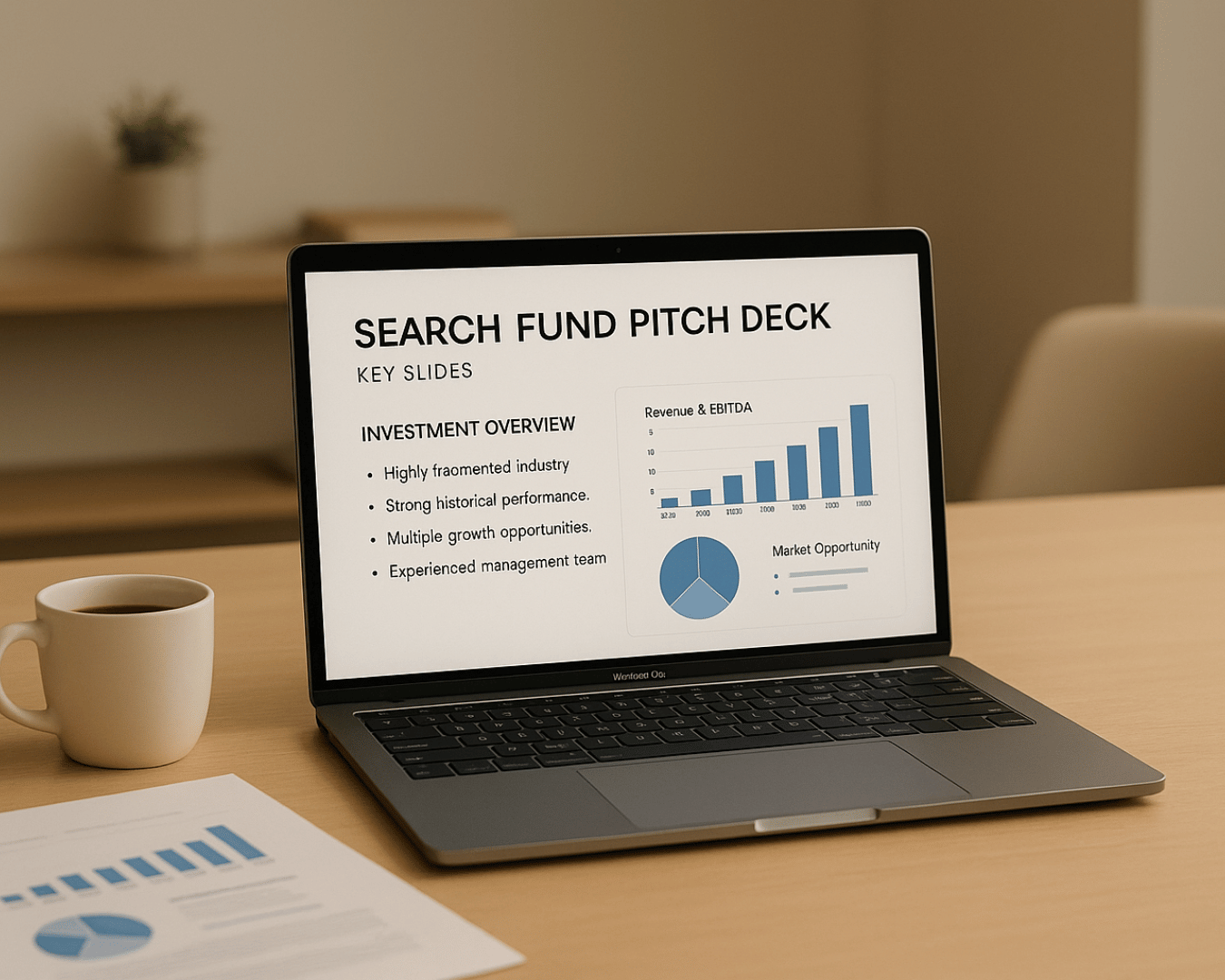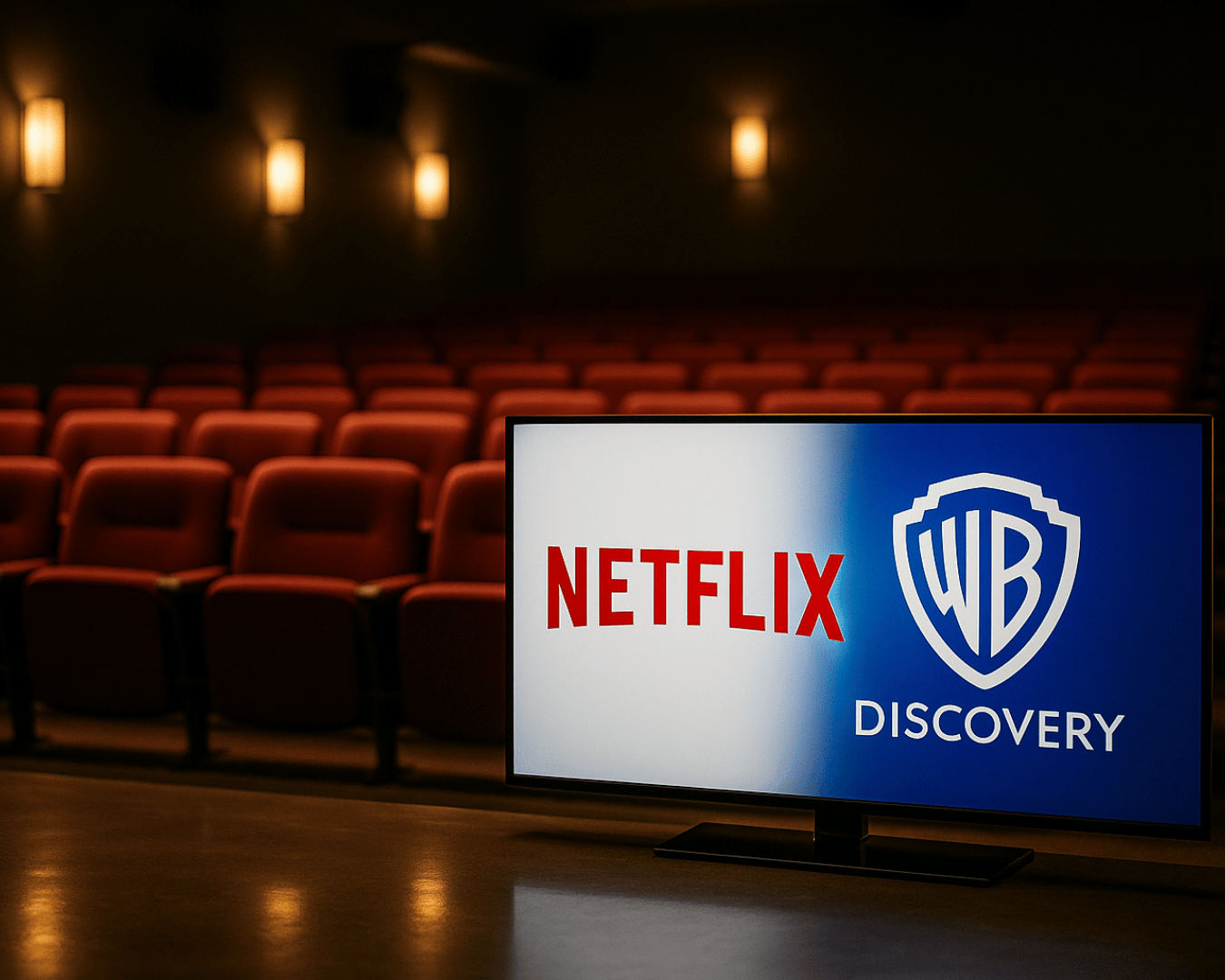When acquiring a business, you're not just buying its assets - you’re inheriting its supply chain risks too. Overlooking supplier ethics during mergers and acquisitions (M&A) can lead to costly legal, financial, and reputational problems. Here’s a quick breakdown of the top risks to watch for:
- Labor Practices Violations: Unpaid wages, unsafe conditions, or misclassified workers can result in fines, lawsuits, and brand damage.
- Environmental Compliance Failures: Regulatory penalties, cleanup costs, and production delays can drain resources and harm reputation.
- Corruption and Bribery: Legal actions and trust issues stemming from unethical supplier practices can derail growth opportunities.
- Data Privacy and Security Lapses: Supply chain breaches can expose sensitive data, leading to fines and customer trust erosion.
- Transparency and Traceability Gaps: Limited visibility into supply chains risks regulatory non-compliance, operational disruptions, and lost consumer trust.
Key takeaway: Conduct thorough due diligence on supplier risks before finalizing any deal to avoid liabilities and protect the value of your investment.
6 Ways To Drive M&A Synergies Through Your Supply Chain | GEP
1. Labor Practices Violations
When acquiring a business, you're not just taking on its assets and operations - you’re also inheriting any labor practices violations tied to its supply chain. These violations can create immediate financial, legal, and reputational risks.
For starters, wage-related issues can lead to hefty financial consequences. If suppliers have failed to pay overtime, violated minimum wage laws in different states, or misclassified employees as independent contractors, the fallout can include years of back pay, interest, and penalties.
Workplace safety violations are another major concern. Non-compliance with federal safety standards can result in substantial fines, increased regulatory scrutiny, and lawsuits - especially if employees have been injured due to unsafe conditions or inadequate protective measures.
Labor violations that come to light post-acquisition can also disrupt the integration process. Addressing these issues often requires extensive efforts, such as reviewing documentation, revising policies, and retraining staff. These remediation efforts can interfere with operations at a time when smooth transitions are critical.
The damage doesn’t stop there - reputational harm can be even harder to recover from. Negative media coverage and backlash from stakeholders can tarnish the brand’s image, undoing years of customer trust and goodwill.
To mitigate these risks, thorough due diligence is non-negotiable. Examine employment records, including worker classifications, payroll details, and correspondence with labor agencies. Review audit reports, safety inspections, and workers' compensation records for any red flags. Warning signs like high employee turnover, frequent workplace injuries, or suspiciously low bids should prompt deeper investigation. Identifying these risks early can save you from costly surprises down the road.
2. Environmental Compliance Failures
Beyond labor issues, environmental violations can introduce hidden, long-term liabilities during an acquisition. These risks aren’t just about fines - they can also involve costly cleanups, operational setbacks, and damage to your reputation.
The Environmental Protection Agency (EPA) enforces strict regulations, and unresolved violations often come with hefty fines that follow the business post-acquisition. But the financial impact doesn’t stop there. Cleanup efforts, like addressing soil contamination or disposing of hazardous waste, can become unpredictably expensive, adding another layer of risk.
Operational disruptions are another significant concern. Environmental violations can lead to investigations that halt operations, delay production, or even force temporary shutdowns. This kind of disruption can result in missed shipments, dissatisfied customers, and revenue losses - especially problematic during the critical integration phase.
Then there’s the potential hit to your reputation. In today’s eco-conscious market, news of environmental missteps can spread quickly, undermining customer trust and jeopardizing future growth opportunities.
To mitigate these risks, thorough due diligence is essential. Review permits, inspection records, and regulatory correspondence to identify any systemic issues. Pay particular attention to waste disposal methods, air quality compliance, and water discharge permits.
Don’t just take the target company’s word for it. Independent environmental audits and on-site assessments are vital, especially for businesses dealing with hazardous materials.
Using advanced due diligence tools - like the AI-driven solutions offered by Clearly Acquired (https://clearlyacquired.com) - can help uncover these liabilities early, giving you the insights needed to make informed decisions.
3. Corruption and Bribery Exposure
When it comes to supplier ethics, corruption isn't just a financial risk - it can shake the very foundation of a company’s operations. In mergers and acquisitions (M&A), this risk becomes even more pronounced. Acquiring a company means taking on its supplier network, along with any unethical practices lurking within. That’s why thorough due diligence is absolutely critical.
The stakes are high. Legal and financial liabilities stemming from corruption can be staggering. Government agencies have the authority to impose hefty fines and pursue legal actions that extend to supplier networks. For example, in January 2017, Rolls-Royce faced a £671 million settlement after being found guilty of bribery. The case revealed payments of millions in cash and even luxury cars to secure lucrative orders.
Corruption doesn’t just hit the bank account - it creates long-term strategic problems. It erodes trust, damages relationships, and can block companies from future opportunities. Prosecution and the resulting reputational fallout can leave a business sidelined from critical projects.
The damage to reputation can be just as devastating as the legal and financial penalties. Companies caught in corruption scandals often lose the confidence of customers, partners, and investors. In extreme cases, the fallout is so severe that businesses are forced to rebrand entirely, just to distance themselves from the scandal.
"The BAC legal and reputational risk arising from supply chains can keep you awake at night if you do not have a robust compliance program." - Norton Rose Fulbright
"Bribery carries with it a huge Government fine, don't fall foul of it. Ensure your business is run honestly and legally with our bribery and corruption advice." - Peninsula Group
Corruption within supplier networks is a risk that no company can afford to ignore. Without strong compliance measures in place, the consequences can ripple far beyond the initial incident, impacting everything from finances to future growth.
sbb-itb-a3ef7c1
4. Data Privacy and Security Lapses
Supplier data breaches can throw a wrench into M&A deals, revealing cybersecurity gaps that not only put sensitive data at risk but also lead to steep fines. These risks don’t just hit in the short term - they can cause lasting damage to a company’s reputation.
The financial fallout from such breaches can be severe. When vulnerabilities in supplier security are uncovered during negotiations, buyers often rethink the terms of the deal. This could mean asking for price reductions, requiring immediate fixes, or even reconsidering the acquisition entirely. If breaches come to light after the deal closes, they can spark disputes over representations and warranties, creating further complications.
But it’s not just about the money. A breach in the supply chain can shake customer trust, tarnishing the reputation of both the acquired company and its new owner. This erosion of confidence can disrupt revenue streams, making it harder to maintain valuations and achieve future growth.
Modern supply chains, with their web of diverse suppliers and varying levels of data protection, amplify these risks. A single lapse can lead to widespread ransomware attacks or data theft, affecting the entire network.
Just as risks tied to labor issues or environmental concerns can threaten the value of an acquisition, data privacy failures can derail integration efforts. This makes strong third-party risk management a must during M&A due diligence. Buyers need to closely examine supplier networks, looking for outdated systems, lack of cybersecurity training, and other weak points. After all, breaches rarely stay contained - they often spiral into complex liabilities that ripple through the entire operation.
5. Transparency and Traceability Gaps
A lack of transparency in supplier networks can expose companies to hidden ethical risks, creating a cascade of problems that can disrupt deals and lead to long-term complications. When visibility is limited, it becomes nearly impossible to verify the origins of materials or the practices behind their production, which often raises alarms during regulatory inspections. Companies that can't trace their supply chains may find themselves scrambling to meet compliance requirements, risking hefty fines or even operational shutdowns.
Consumers expect clarity. In industries like food, fashion, and electronics, customers increasingly want to know where products come from and how they are made. Companies that fail to provide this transparency risk losing ground to competitors who do. A lack of ethical sourcing information can tarnish a brand's reputation and erode customer loyalty faster than ever.
Beyond consumer trust, operational risks multiply when transparency is lacking. Disruptions at one supplier can ripple across the entire network, causing production delays and revenue losses. Without clear insights into supplier relationships, identifying weak links or single points of failure becomes a guessing game. This lack of foresight hinders the creation of contingency plans or alternative sourcing strategies, leaving companies vulnerable to supply chain breakdowns and increased regulatory scrutiny.
Regulatory hurdles grow steeper when traceability is insufficient. Industries like pharmaceuticals and food production, which are held to strict standards, face severe penalties if they can't document their supply chain processes. Failing to respond quickly to regulatory inquiries or product recalls can lead to costly investigations and legal battles.
Opaque supplier networks also complicate integration efforts for new ownership. Without visibility, optimizing operations, negotiating better terms, or enforcing consistent standards across suppliers becomes a daunting task. These transparency gaps often tie directly to broader ethical concerns in supplier management, setting the stage for deeper issues with compliance and trust.
The financial consequences are equally significant. Investors and lenders are paying closer attention to supply chain transparency when evaluating risk. Companies with poor visibility often face higher borrowing costs and lower valuations, as stakeholders recognize the potential for hidden liabilities and operational disruptions. These gaps in transparency don't just hurt the bottom line - they can jeopardize a company's entire future.
Supplier Ethics Risks and Their Consequences
Building on earlier discussions about due diligence, the table below outlines key supplier ethics risks, their potential consequences, and strategies to address them. Understanding these risks is essential, as they can disrupt deals, increase costs, and tarnish reputations long after a transaction is completed.
| Risk Area | Potential Consequences | Recommended Mitigation Strategies |
|---|---|---|
| Labor Practices Violations | Legal penalties, brand damage, operational shutdowns, consumer boycotts, increased regulatory scrutiny | Create and enforce a supplier code of conduct addressing working conditions and social standards; prioritize suppliers with ISO 9001 certification; assess compensation structures favoring hourly or weekly rates |
| Environmental Compliance Failures | Regulatory fines, cleanup costs, permit revocation, operational delays | Incorporate sustainability metrics into formal KPIs; review suppliers’ environmental violation histories |
| Corruption and Bribery Exposure | Criminal prosecution, asset seizure, contract termination, market access restrictions, executive liability | Establish rigorous audit programs using rotating third-party firms; ensure auditors are selected and paid by the buyer; evaluate supplier operations in high-risk regions |
| Data Privacy and Security Lapses | Regulatory penalties, customer data breaches, intellectual property theft, competitive disadvantage, litigation costs | Include data security requirements in supplier agreements; conduct regular security audits; mandate compliance documentation and incident reporting protocols |
| Transparency and Traceability Gaps | Supply chain disruptions, regulatory non-compliance, consumer trust erosion, operational blind spots, integration challenges | Use supplier risk scoring systems; implement scheduled audits with improvement initiatives |
This table emphasizes how these risks can have both immediate and long-term effects, making proactive supplier ethics management a crucial part of any strategy.
To effectively monitor these risks, businesses need to go beyond surface-level assessments. For instance, examining payment practices - such as preferring hourly wages over piece-rate compensation - can reveal stronger labor standards. Suppliers operating in regions with free media and active labor rights often demonstrate higher ethical accountability due to external scrutiny.
Scheduled audits are more effective than surprise inspections for uncovering compliance issues. These audits foster trust and provide a more accurate picture of supplier practices. Including diverse perspectives, such as female auditors or internal employees, can help identify problems traditional reviews might overlook.
When risks overlap, they can create significant challenges. For example, a supplier with transparency issues may also struggle with labor or environmental compliance, leading to a complex web of liabilities. Suppliers that follow management standards like ISO 9001 often show continuous improvement, resulting in better working conditions and more reliable compliance.
In mergers and acquisitions, unresolved supplier risks can cause major setbacks, such as extended due diligence, deal renegotiations, or even cancellations. Buyers are increasingly demanding thorough supplier risk assessments before finalizing deals. Inherited supplier relationships can have a significant impact on post-acquisition success, and the cost of addressing these risks after the fact often outweighs any initial savings.
Unionized suppliers often indicate better working conditions, as unions provide mechanisms for dialogue and collective action. In industries with a history of labor violations, the presence of unions can signal more mature ethical practices and stronger accountability.
Conclusion
Supplier ethics play a crucial role in the success of M&A deals, as they can significantly impact the transaction’s outcome, reputation, and legal standing. Risks like labor violations, environmental missteps, corruption, data security breaches, and transparency issues often intertwine, creating hidden liabilities that traditional due diligence might overlook.
Managing these risks proactively goes beyond meeting compliance requirements - it’s about safeguarding the value of the deal and ensuring smooth integration.
Modern M&A transactions now rely on advanced tools to handle supplier risk effectively. AI-powered third-party risk management (TPRM) solutions, such as those offered by Clearly Acquired, provide a comprehensive view of supplier ethics risks. These tools evaluate areas like Environmental, Social, and Governance (ESG) compliance, regulatory obligations, reputation, and cybersecurity. They also help identify baseline risks from new suppliers, create detailed supply chain inventories, and uncover potential vulnerabilities early in the process. This level of insight is essential for effective risk management and smoother deal execution.
In today’s regulatory landscape, buyers increasingly expect robust supplier risk assessments before closing deals. Addressing these risks early reduces legal exposure, facilitates seamless integration, and strengthens stakeholder trust. Supplier ethics, therefore, isn’t just a compliance formality - it’s a strategic element that can shape the long-term success of an M&A transaction.
FAQs
What steps can companies take to evaluate supplier ethics during an M&A deal?
To assess supplier ethics during an M&A deal, it's essential to follow a well-organized due diligence process. Begin by setting clear standards for evaluating suppliers' labor practices, compliance with environmental regulations, and level of transparency. Collect comprehensive information through methods like supplier questionnaires, reference checks, and, when required, on-site audits.
Leveraging tools or technology can simplify this process and help identify potential risks within the supply chain. Spotting ethical issues early allows businesses to make smarter decisions, reduce risks, and ensure the deal aligns with their core values before moving forward.
How can companies address reputational risks from supplier labor or environmental violations discovered after an acquisition?
To minimize reputational risks tied to supplier labor or environmental violations after an acquisition, companies need to take a proactive and open approach. Start by performing regular audits and evaluations of supplier practices. These assessments ensure suppliers are meeting labor and environmental standards, helping to catch potential problems early and take timely action to fix them.
Establishing a strong ethics and compliance program is also crucial. Encourage open communication with both suppliers and stakeholders to address any concerns quickly and transparently. Keeping a close eye on supplier activities and staying updated on related news can help spot risks as they arise, enabling swift responses. Additionally, having contingency plans in place and nurturing strong supplier relationships can add an extra layer of protection for your company’s reputation and stability during challenging times.
How can AI-powered tools improve the evaluation of supplier ethics risks during M&A transactions?
AI-driven tools are transforming how companies evaluate supplier ethics risks during mergers and acquisitions. By automating tasks like data collection, analysis, and monitoring, these tools make it easier to spot red flags such as unethical labor practices, regulatory violations, or transparency issues early in the process. This ensures businesses can make well-informed decisions.
With AI, businesses can dig deeper into supplier behavior, cut down on manual work, and keep a constant watch on potential risks. This forward-thinking strategy improves accuracy and helps address challenges head-on - an essential factor when navigating the complexities of mergers and acquisitions.


%20%20Process%2C%20Valuation%20%26%20Legal%20Checklist.png)

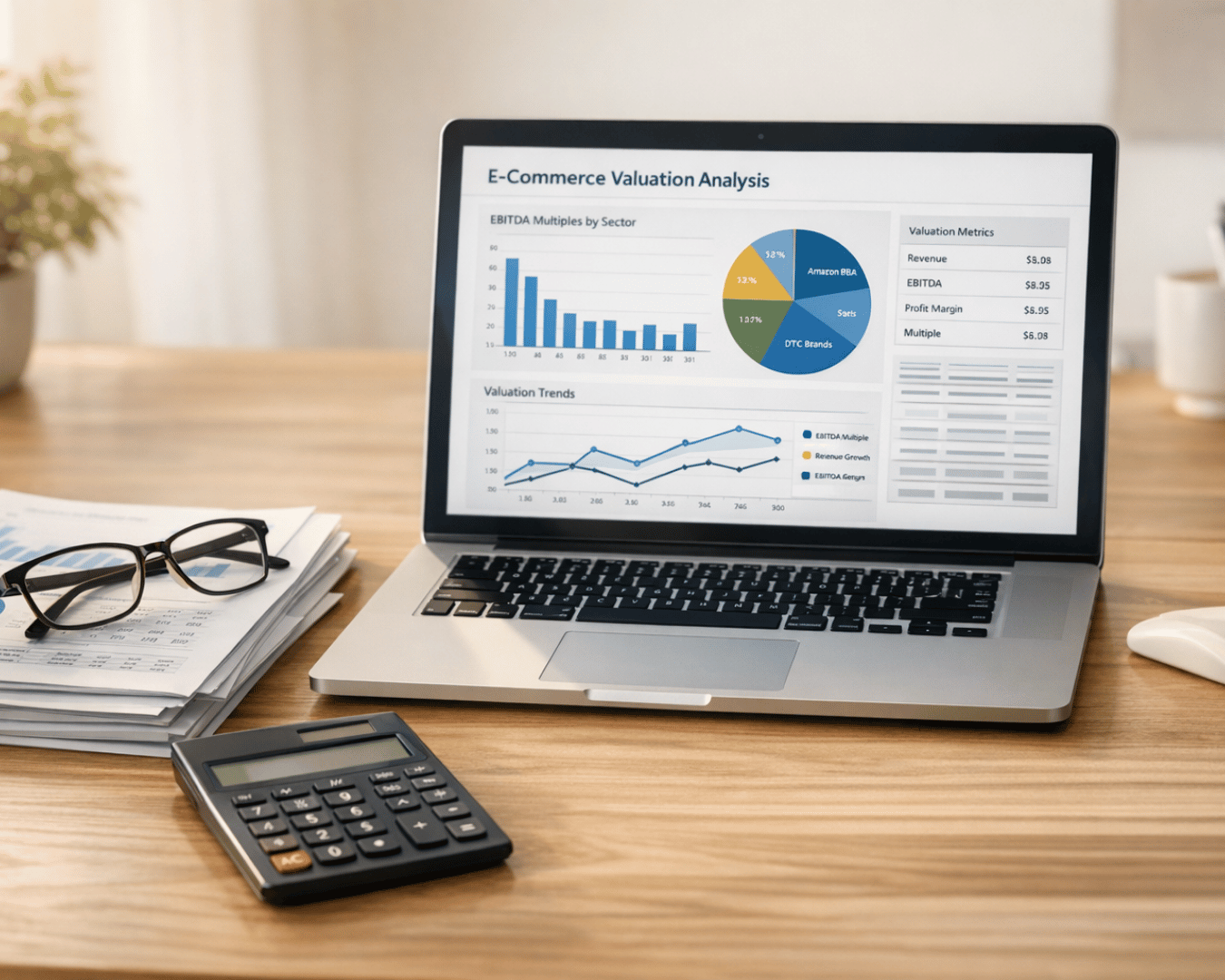

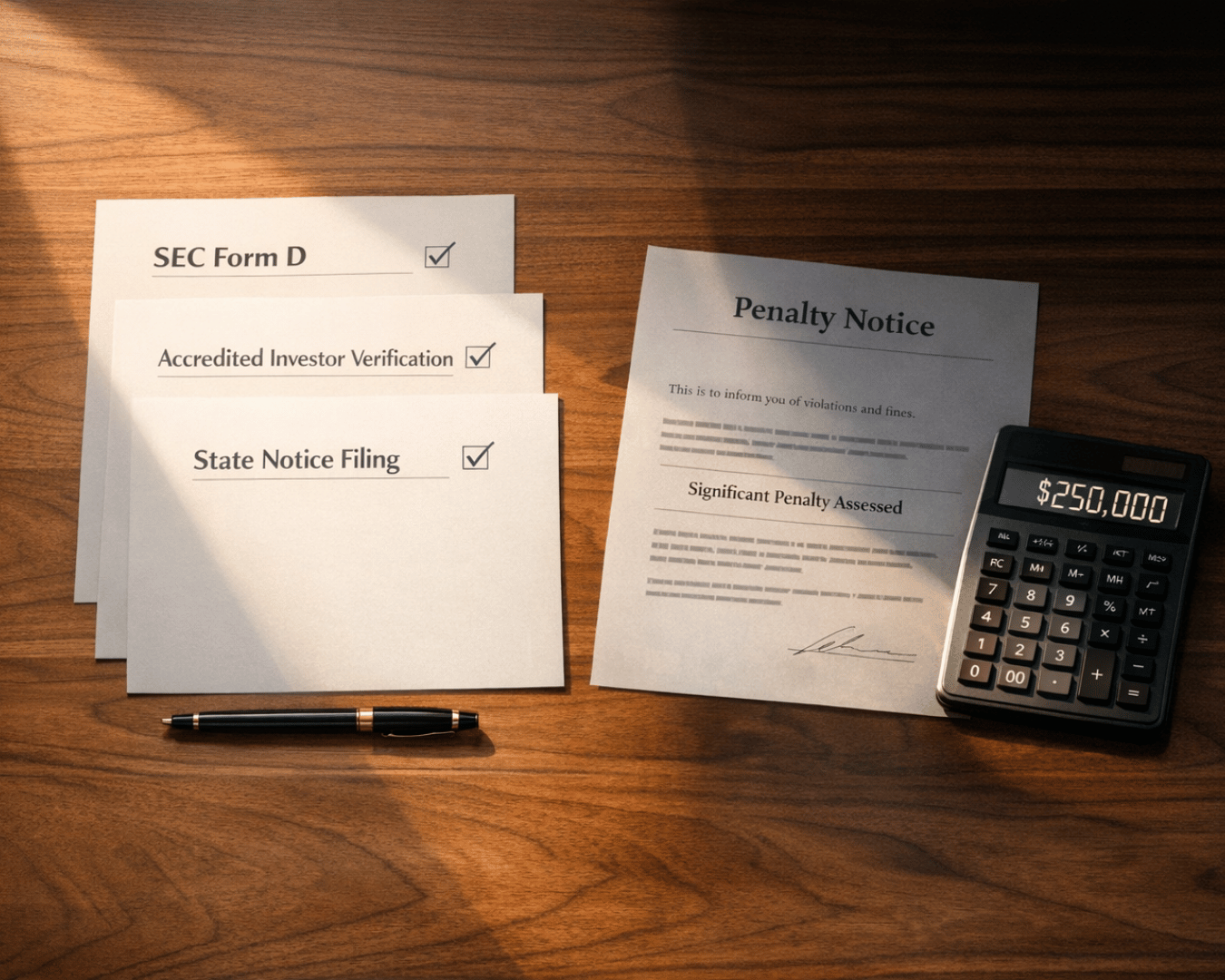
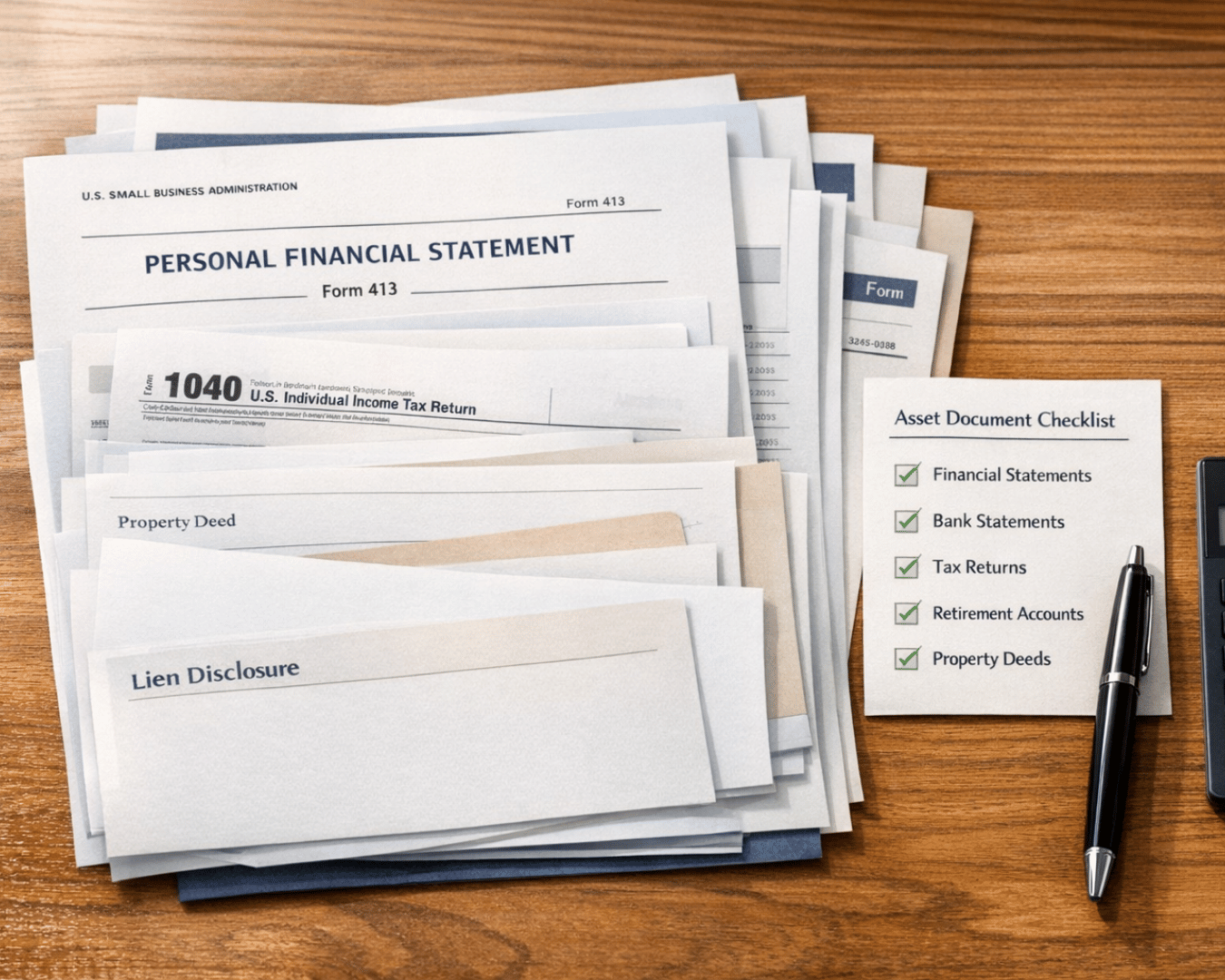






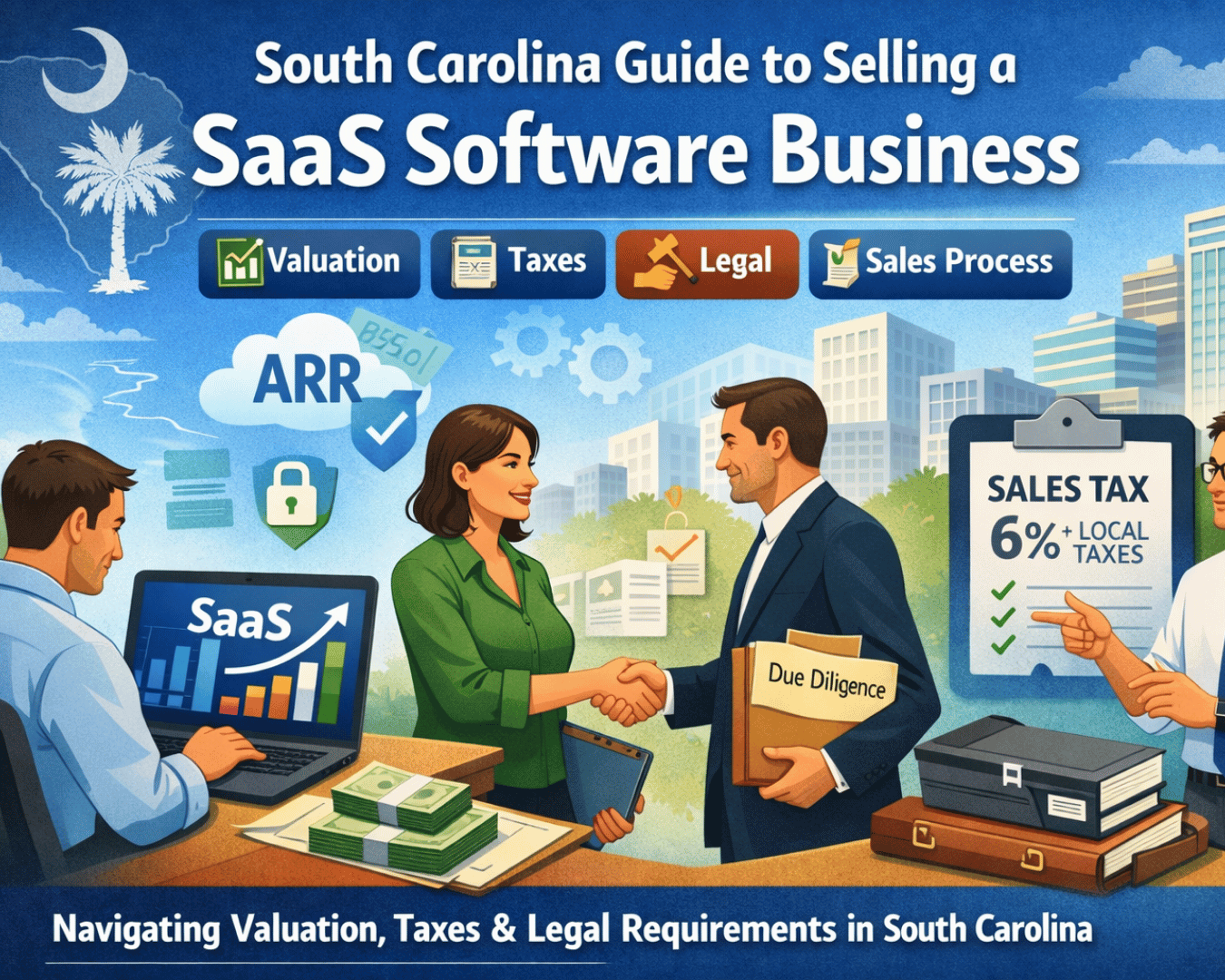







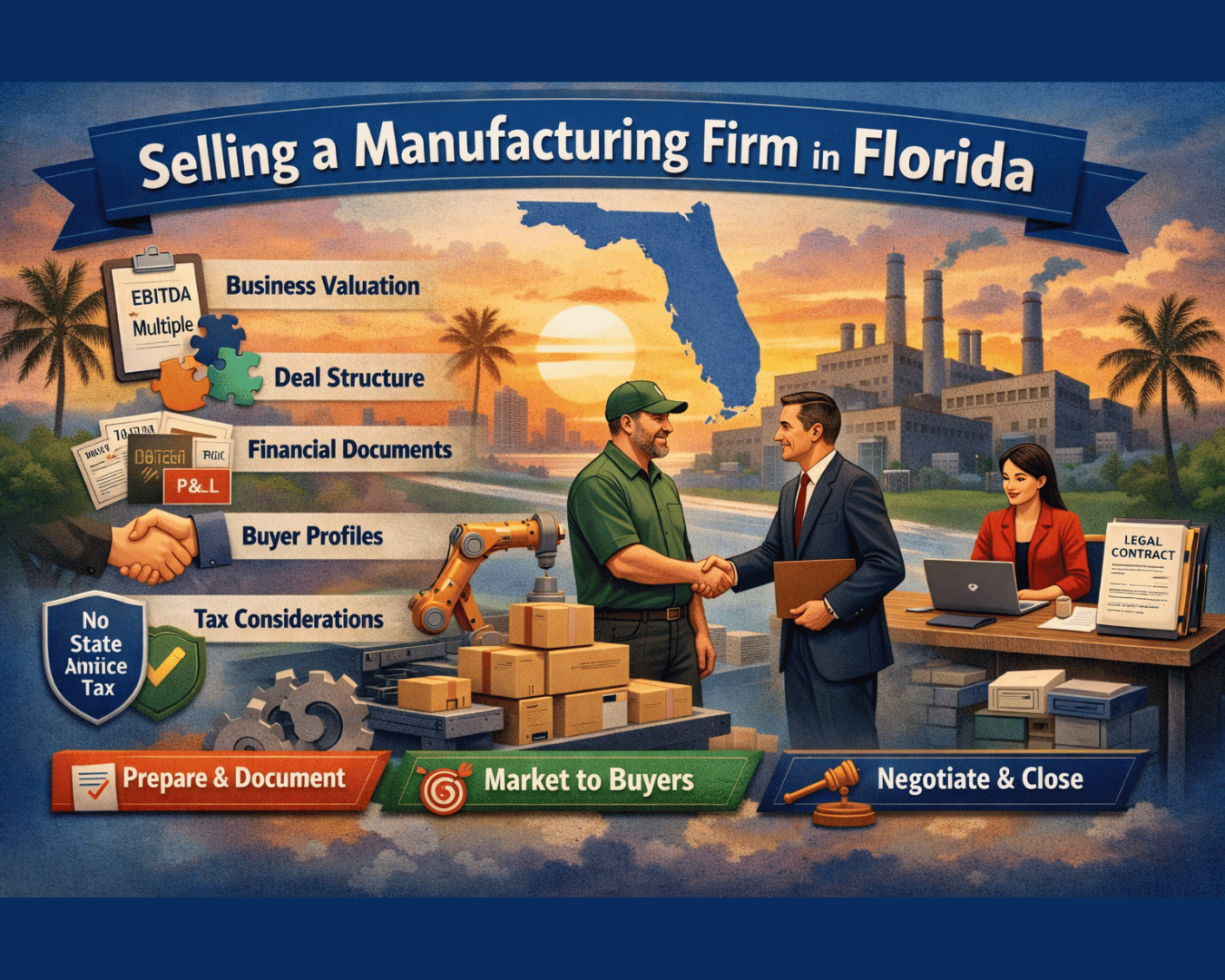
%20in%20a%20%2420M%20Sale..png)
%20vs.%20Conventional%20Loans%20for%20business%20acquisition.png)








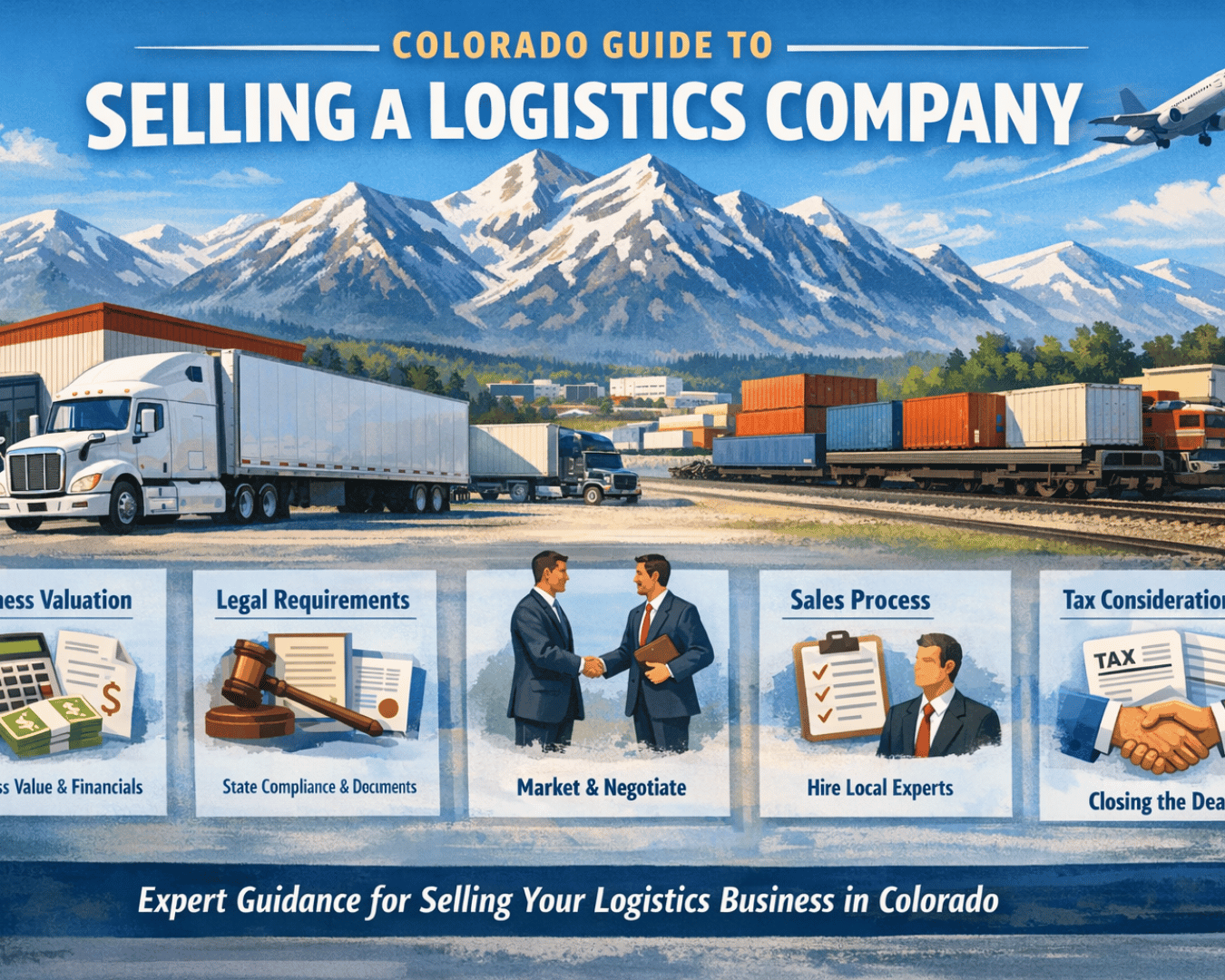












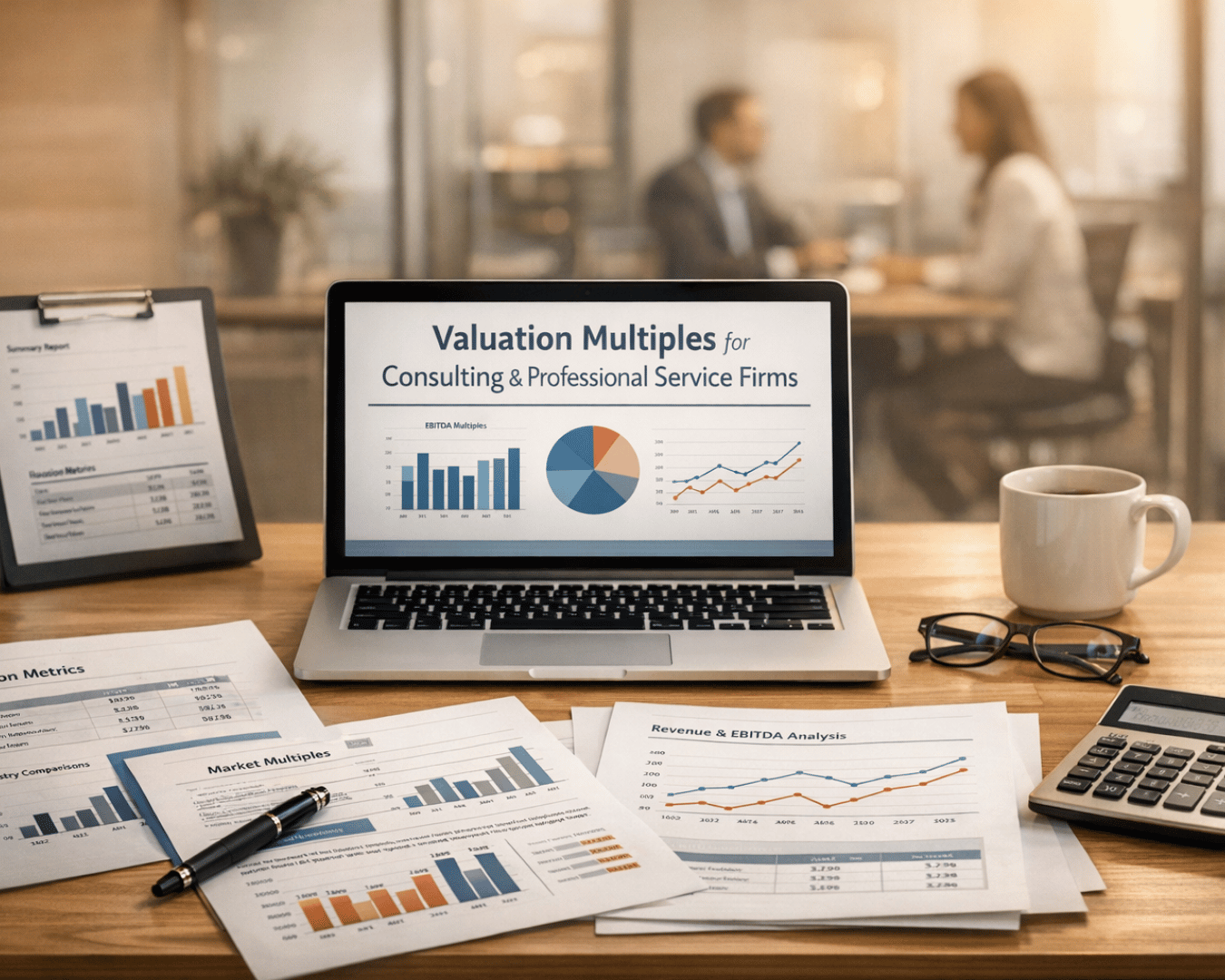
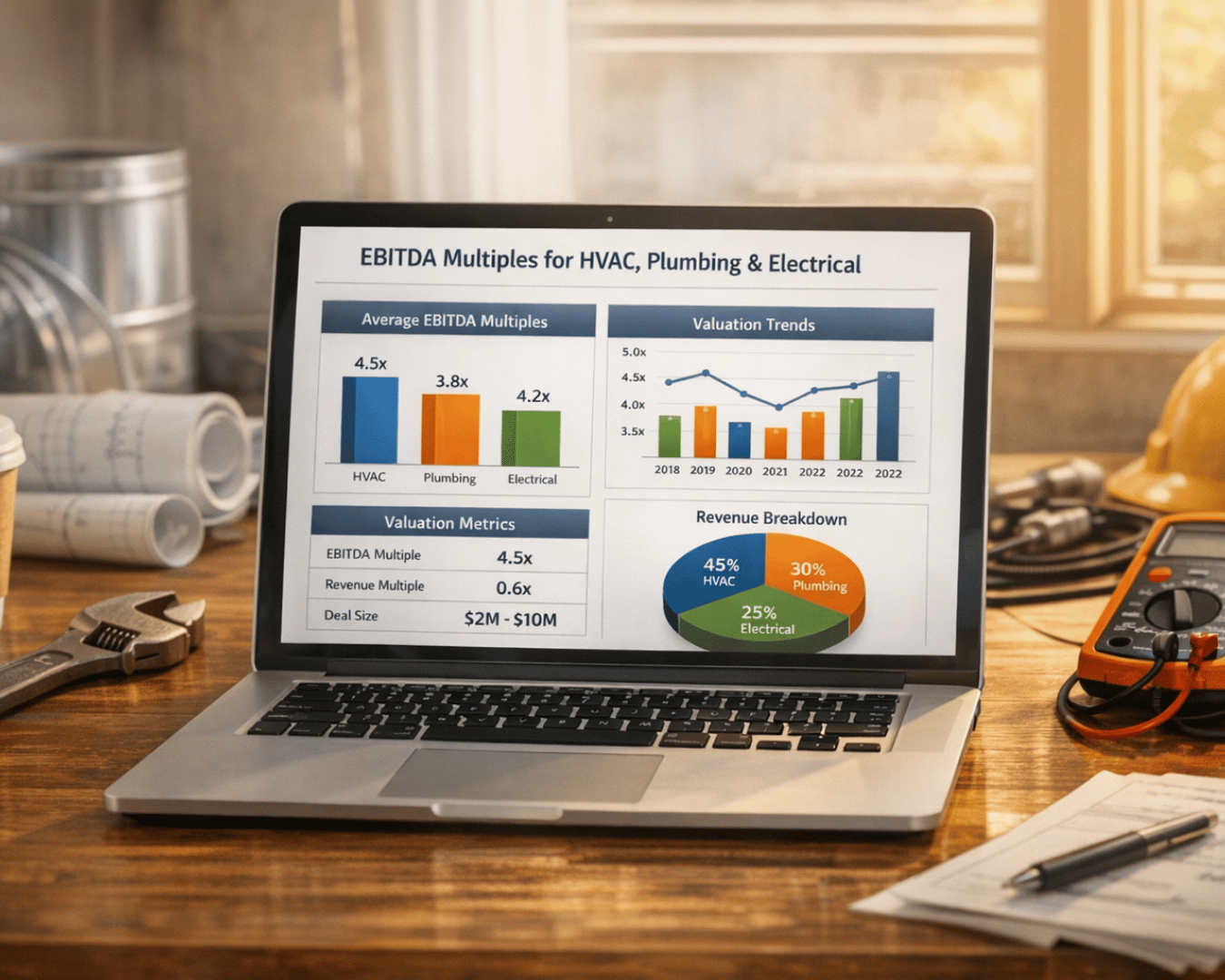
.png)


.png)
.png)

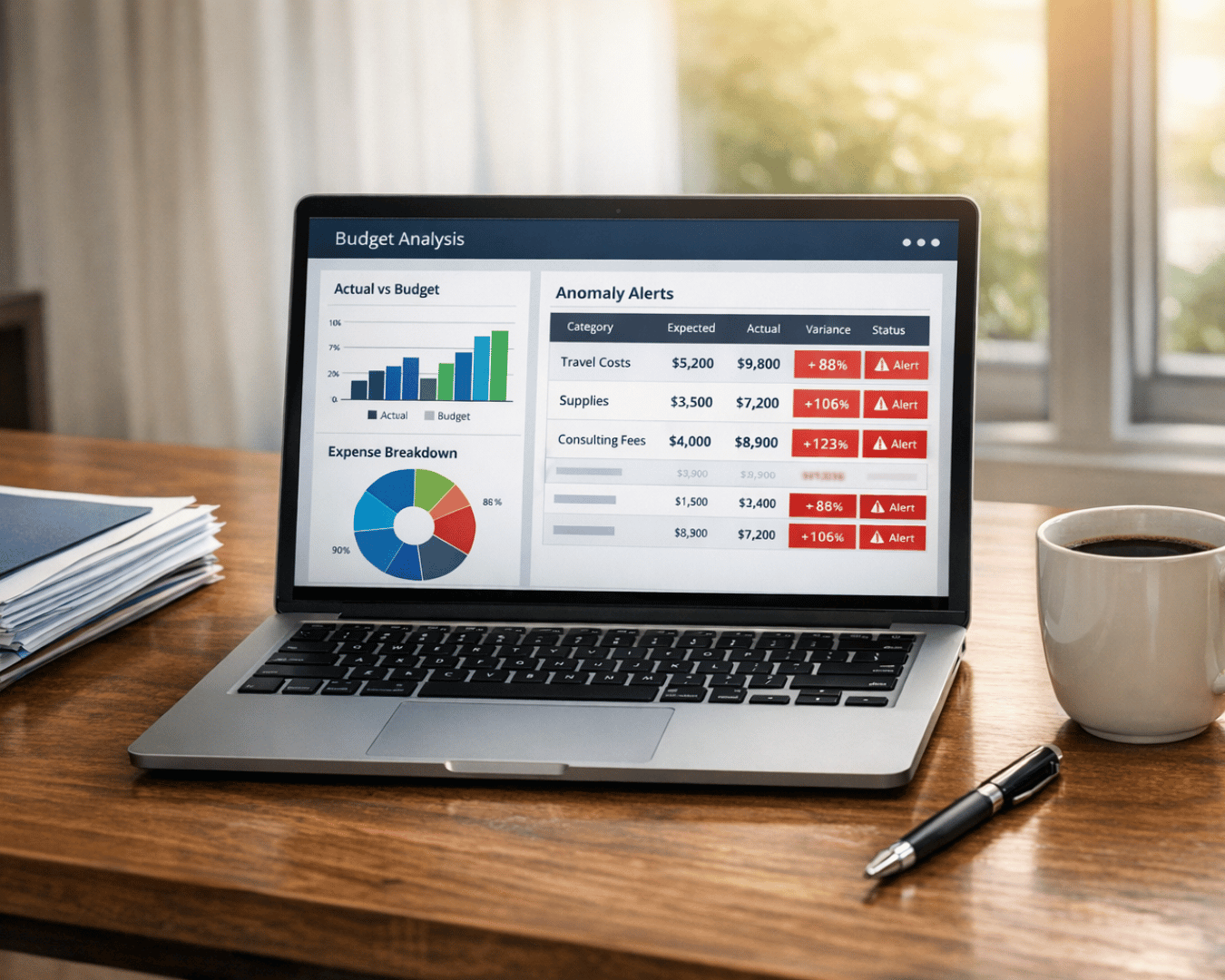






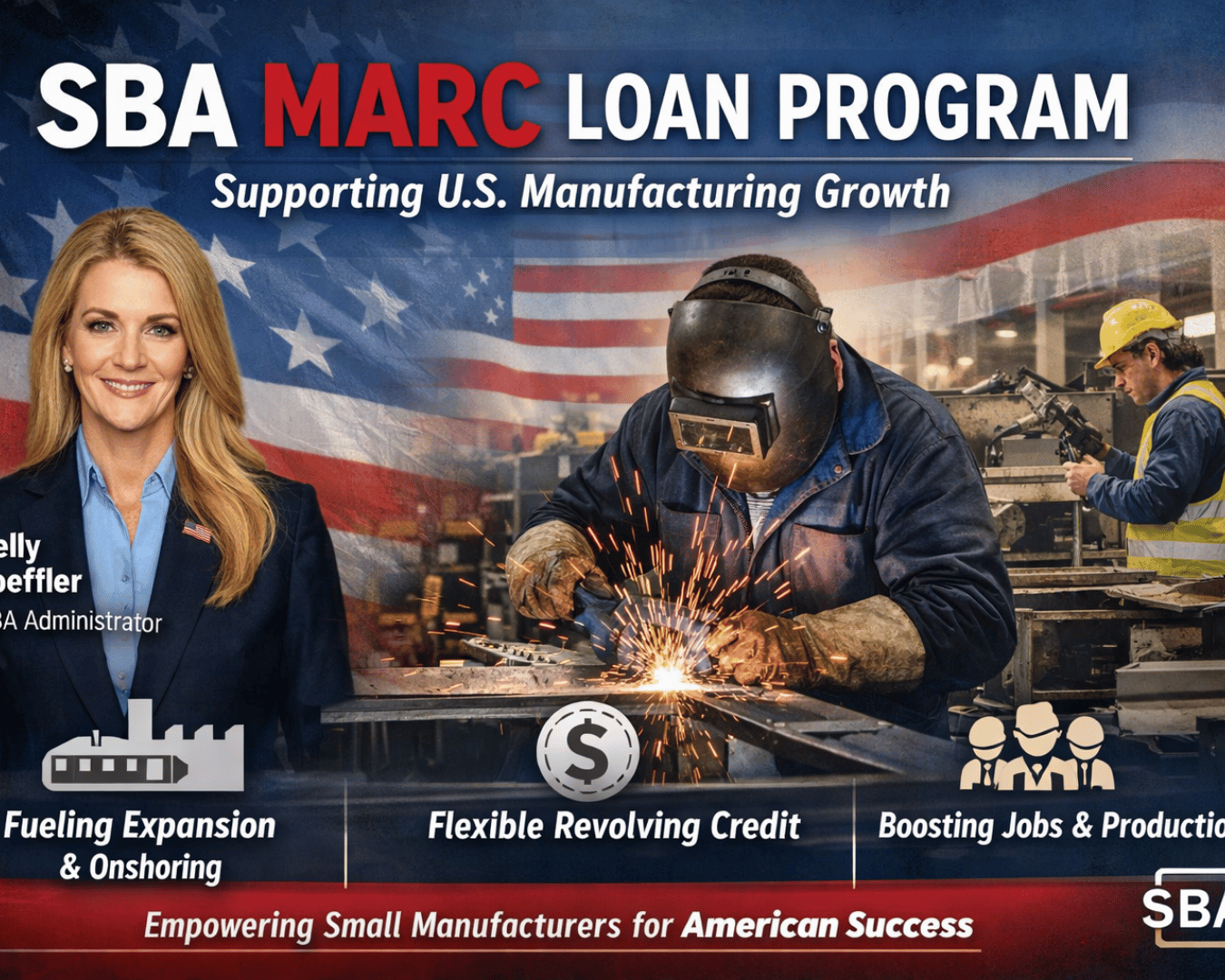



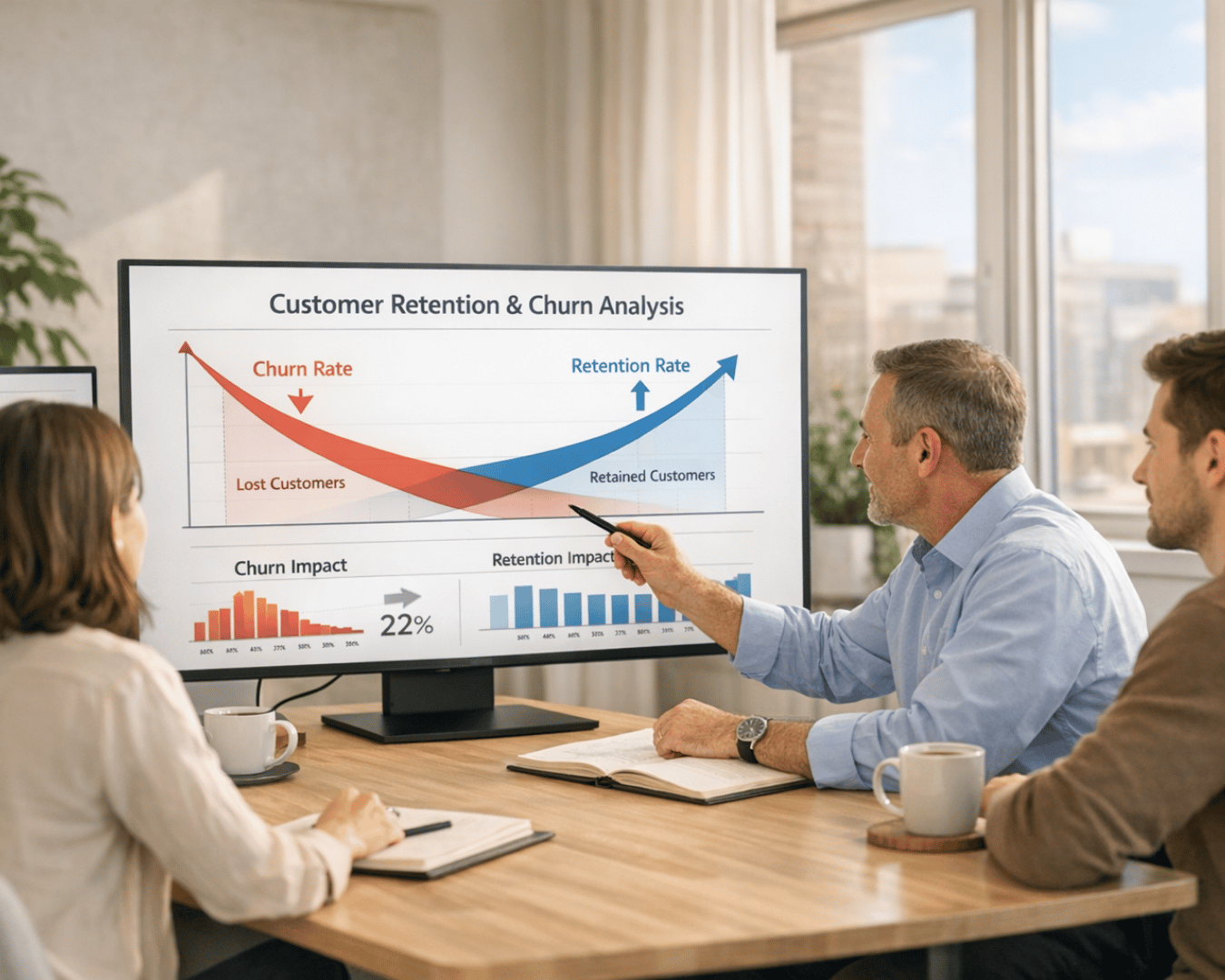
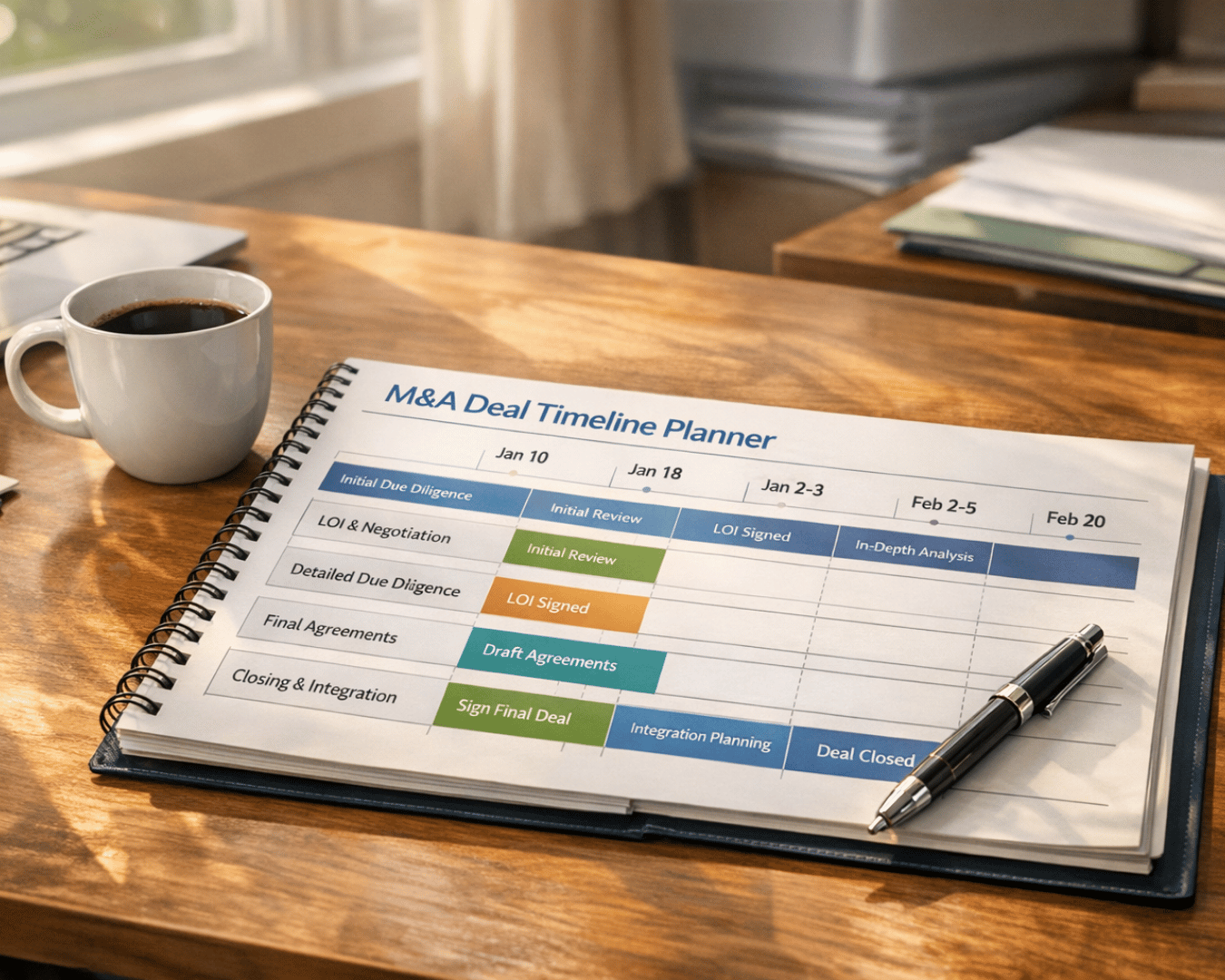









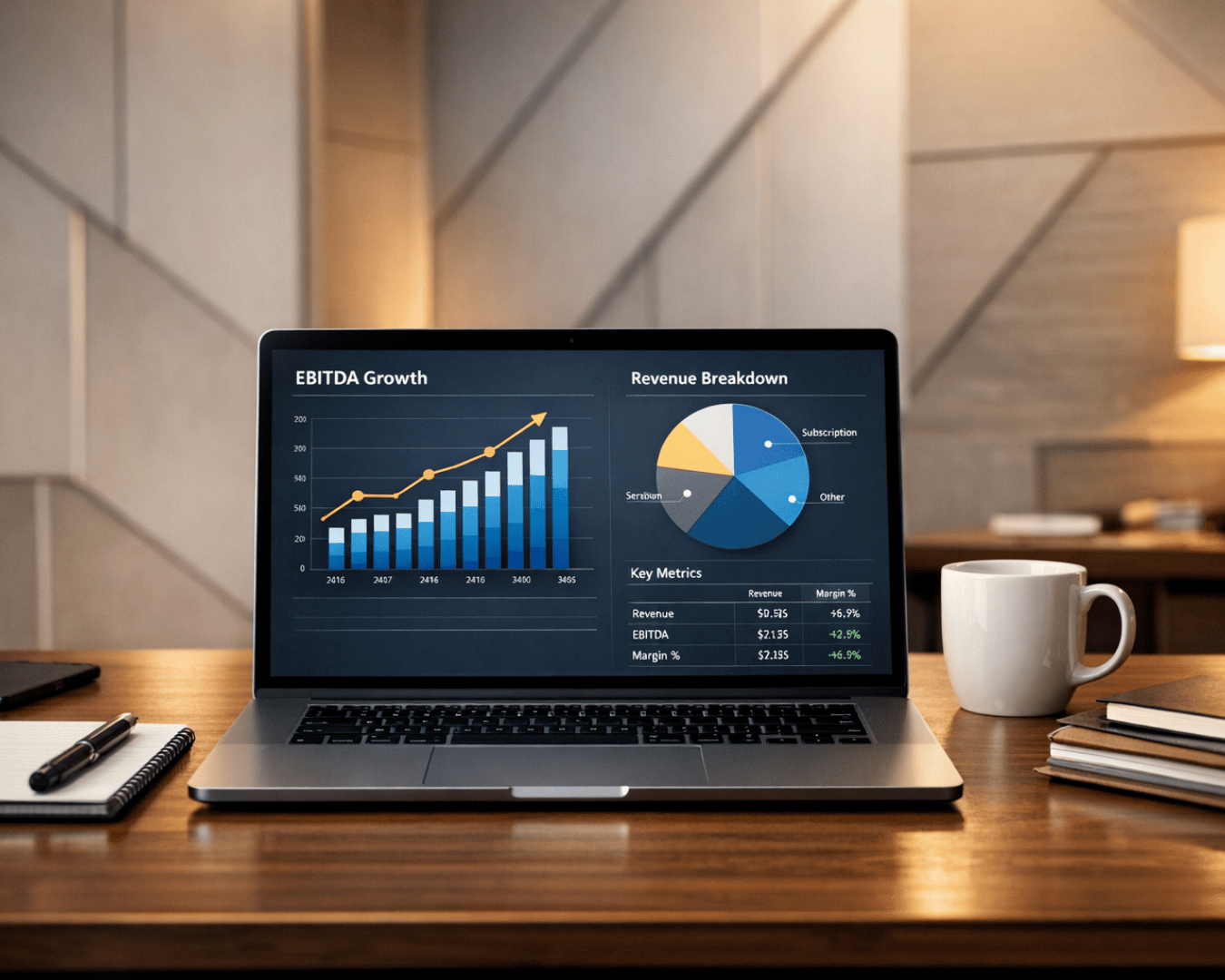

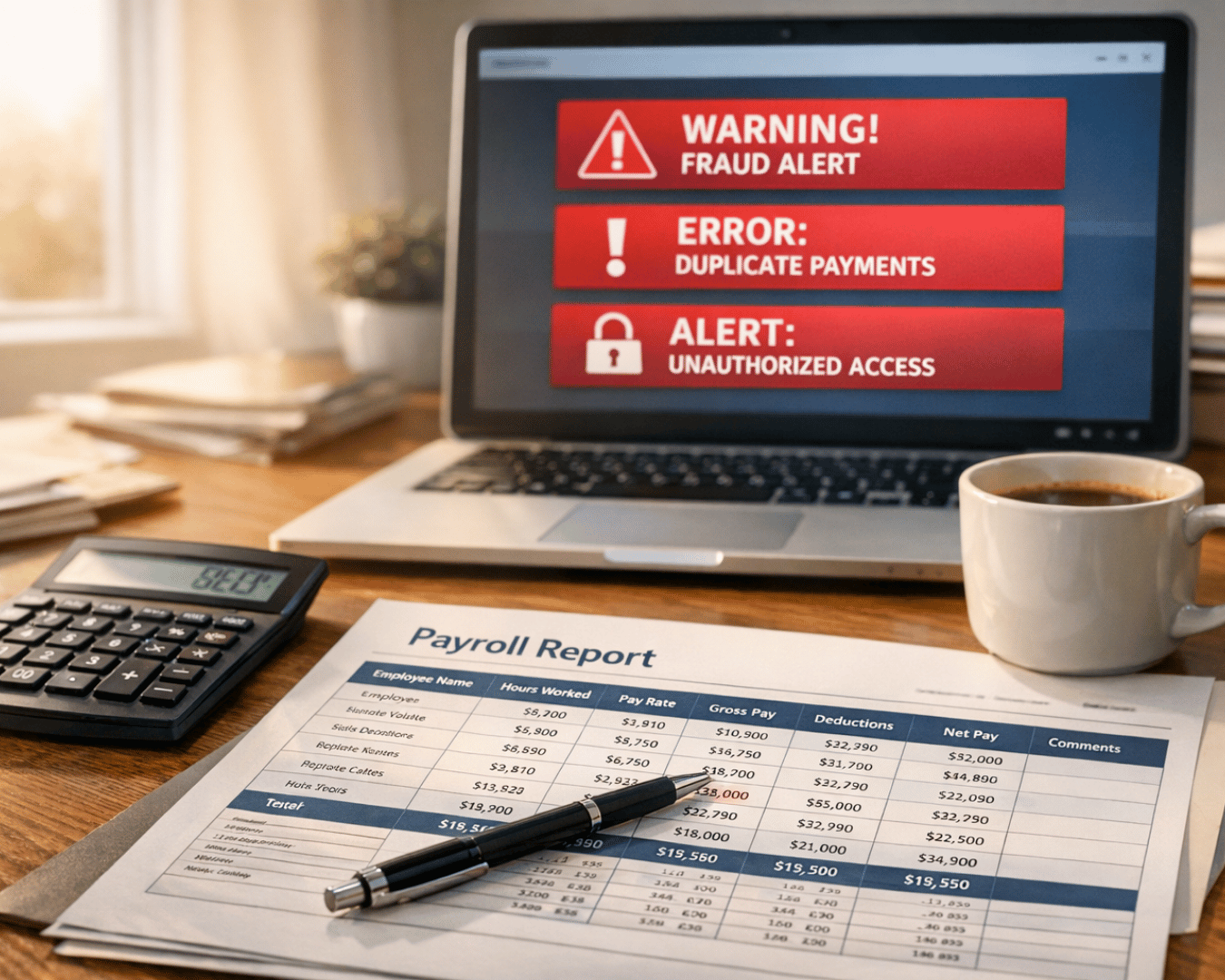








.png)
